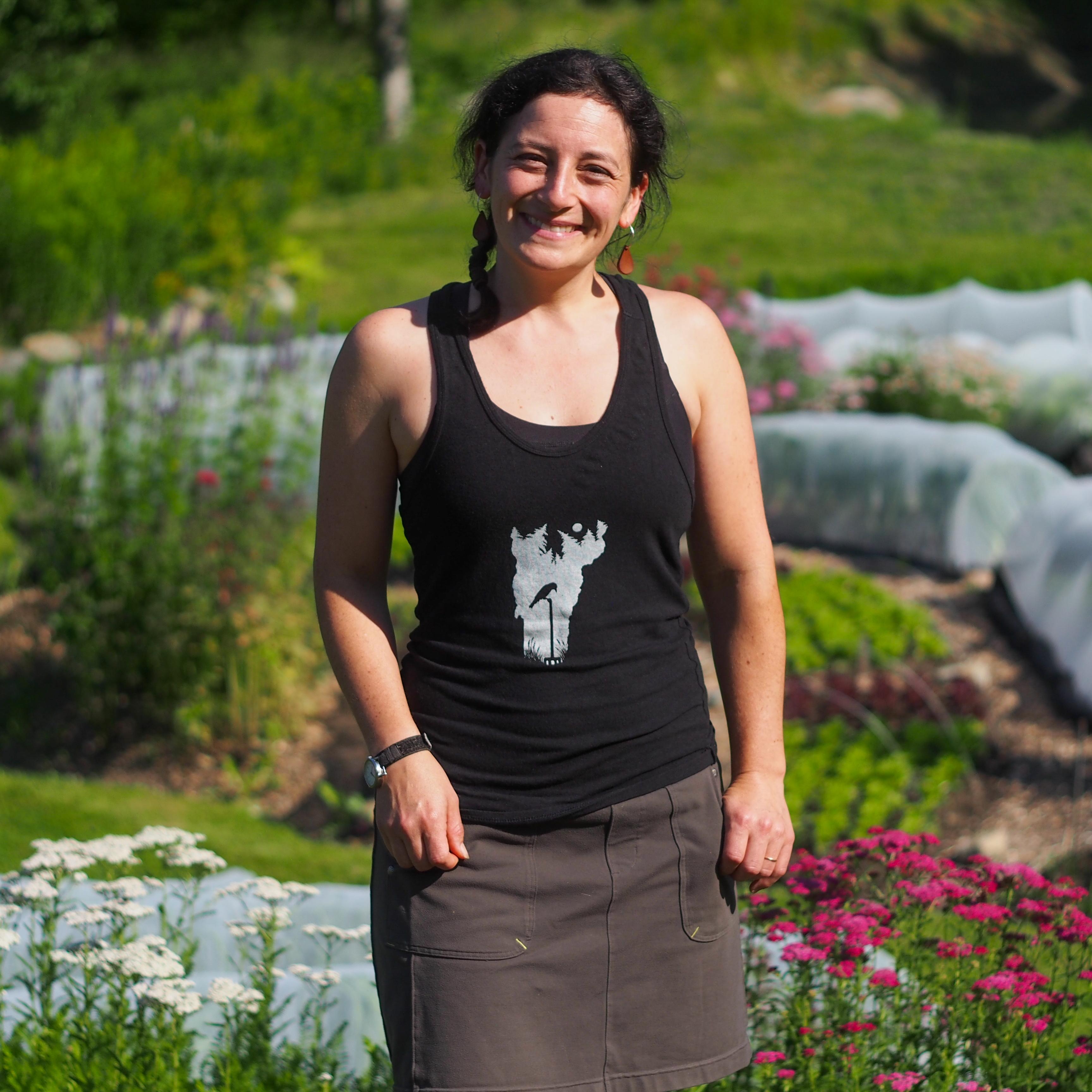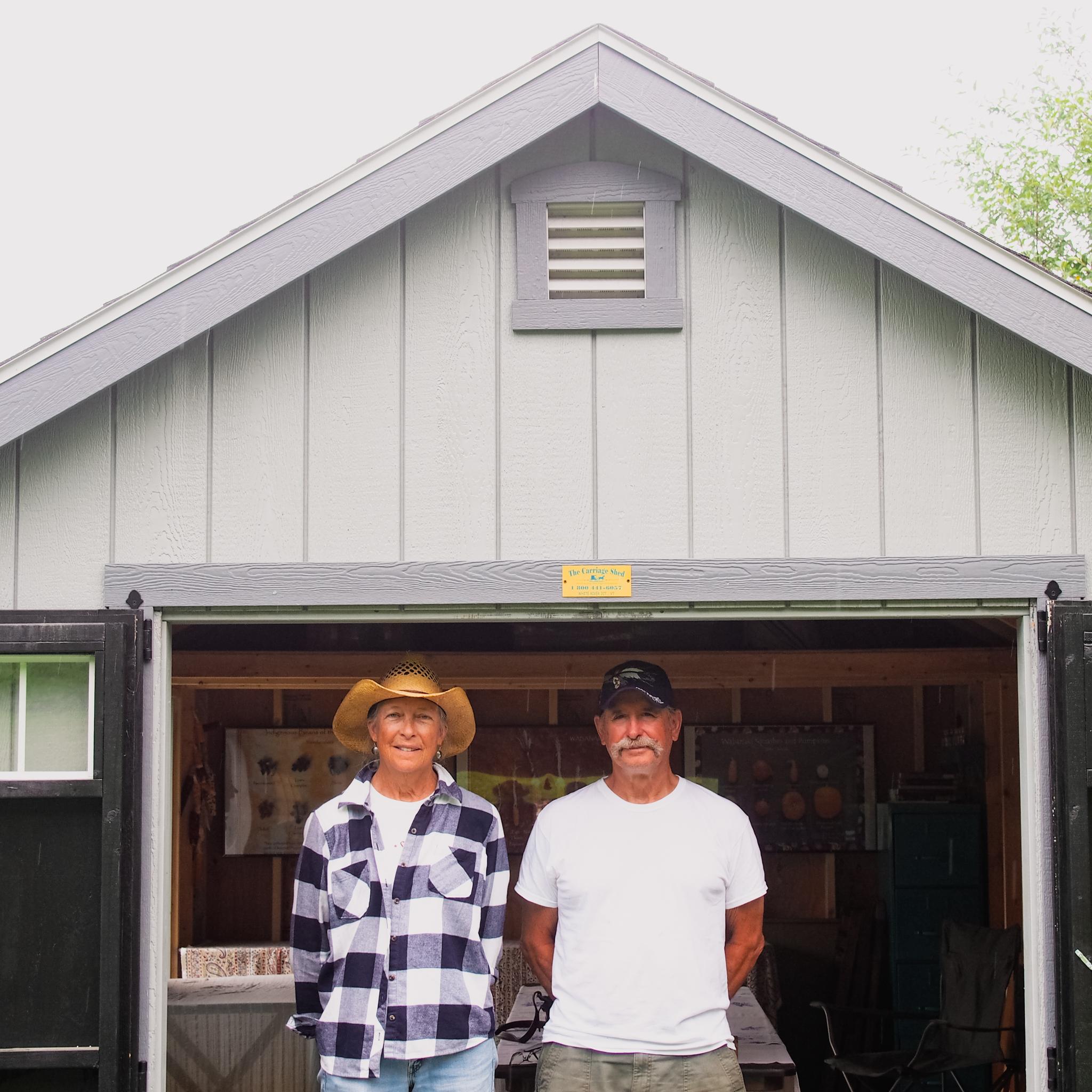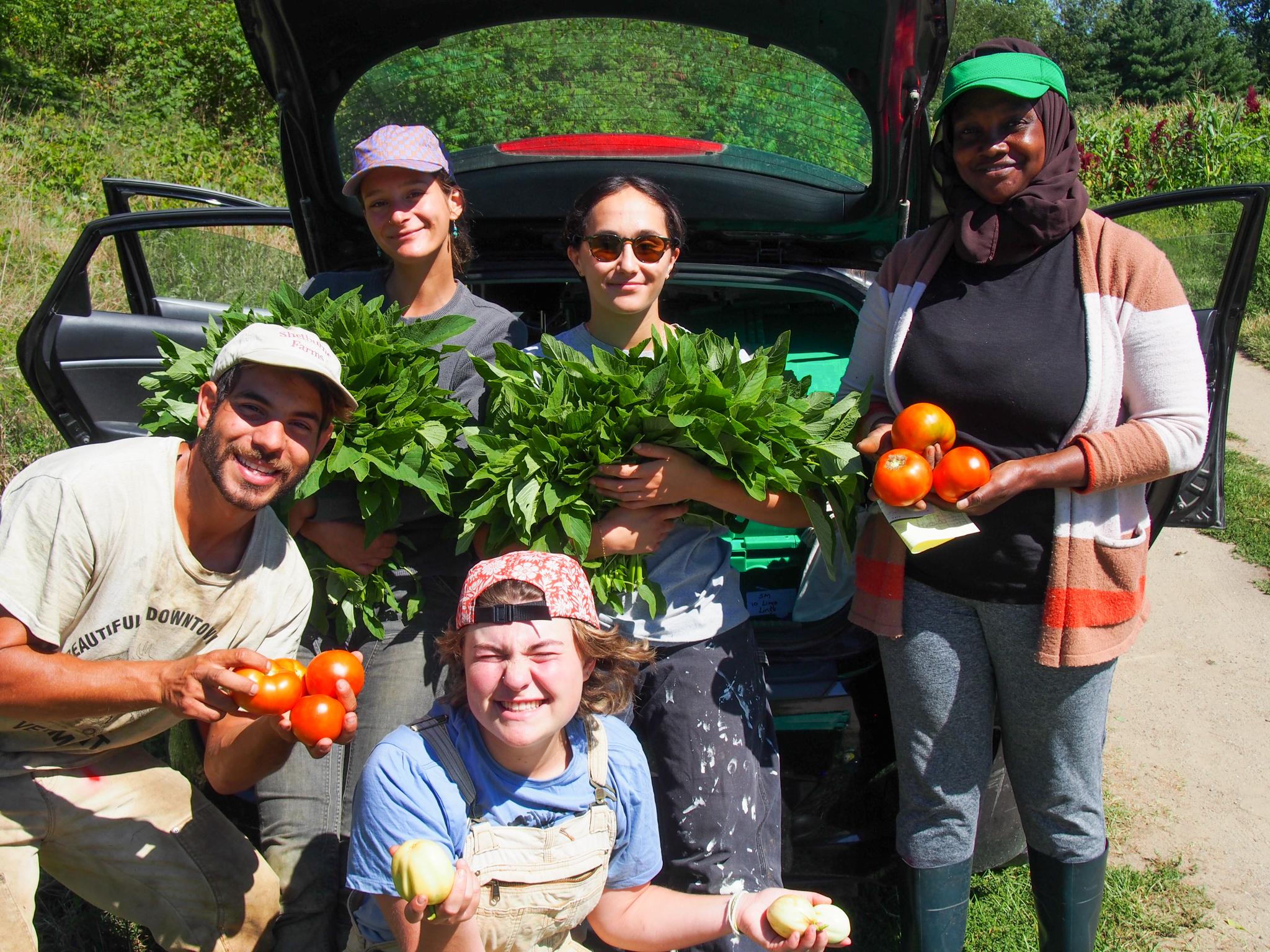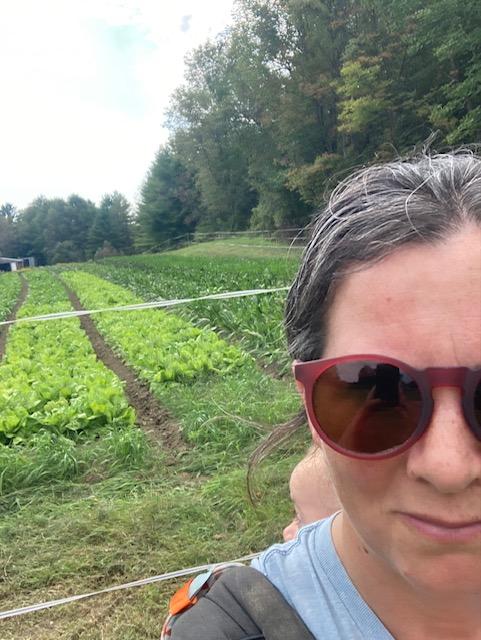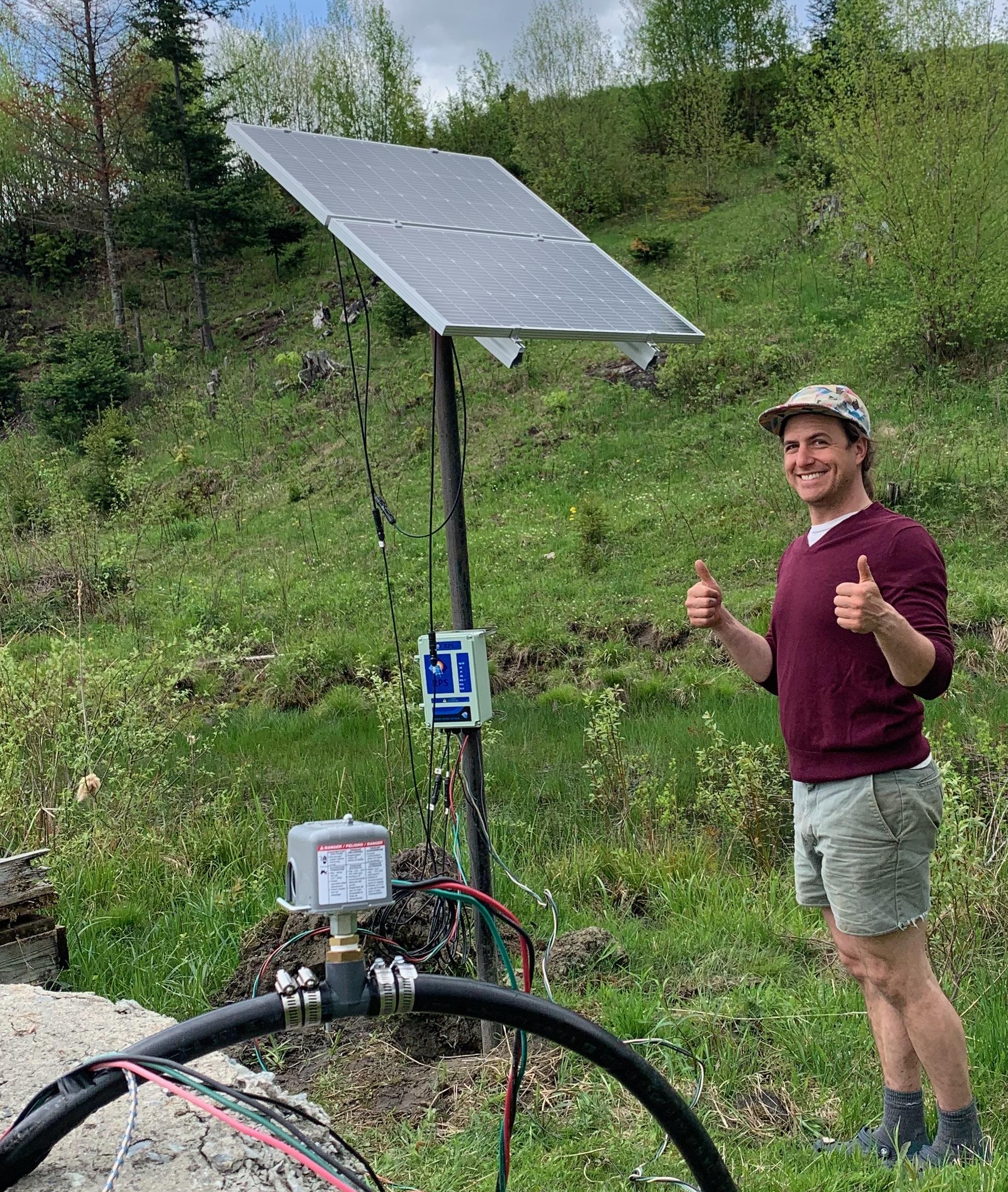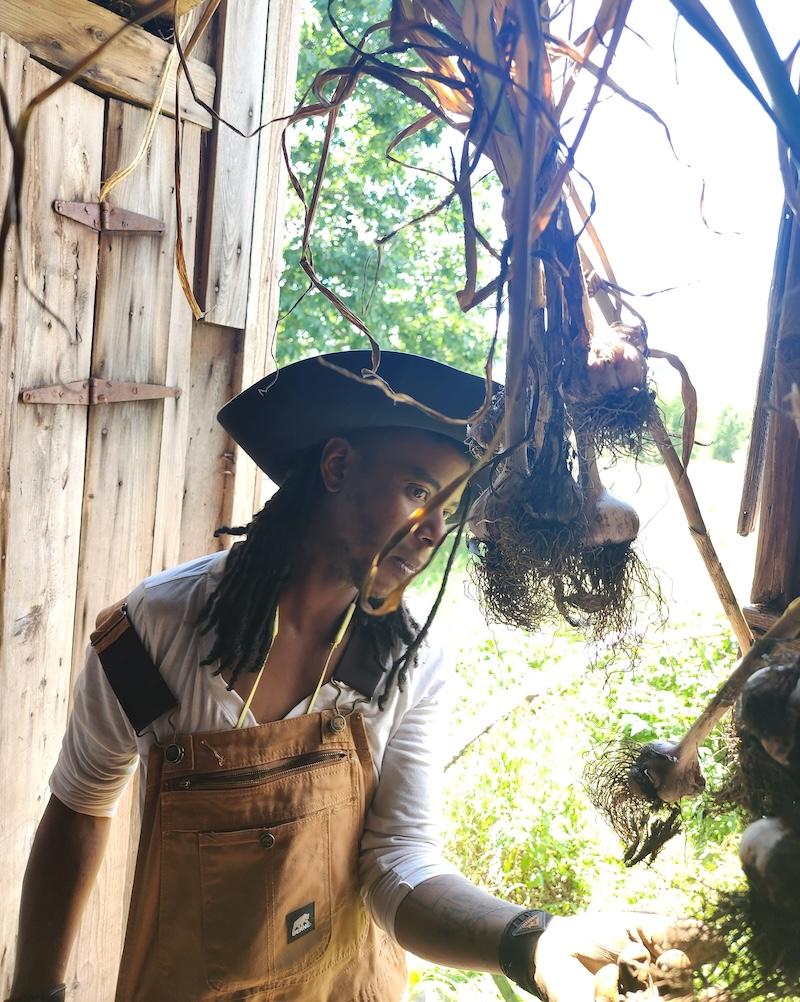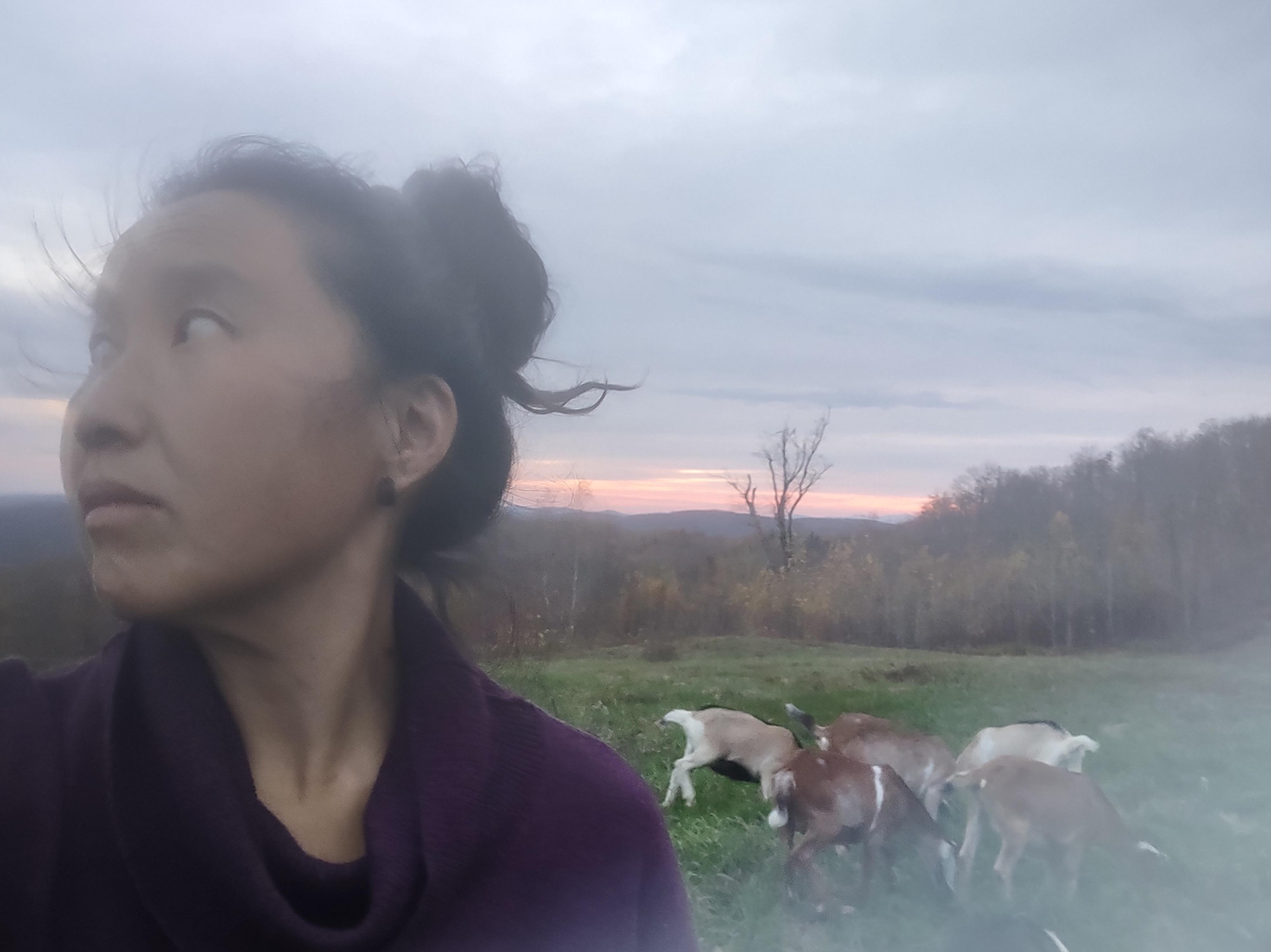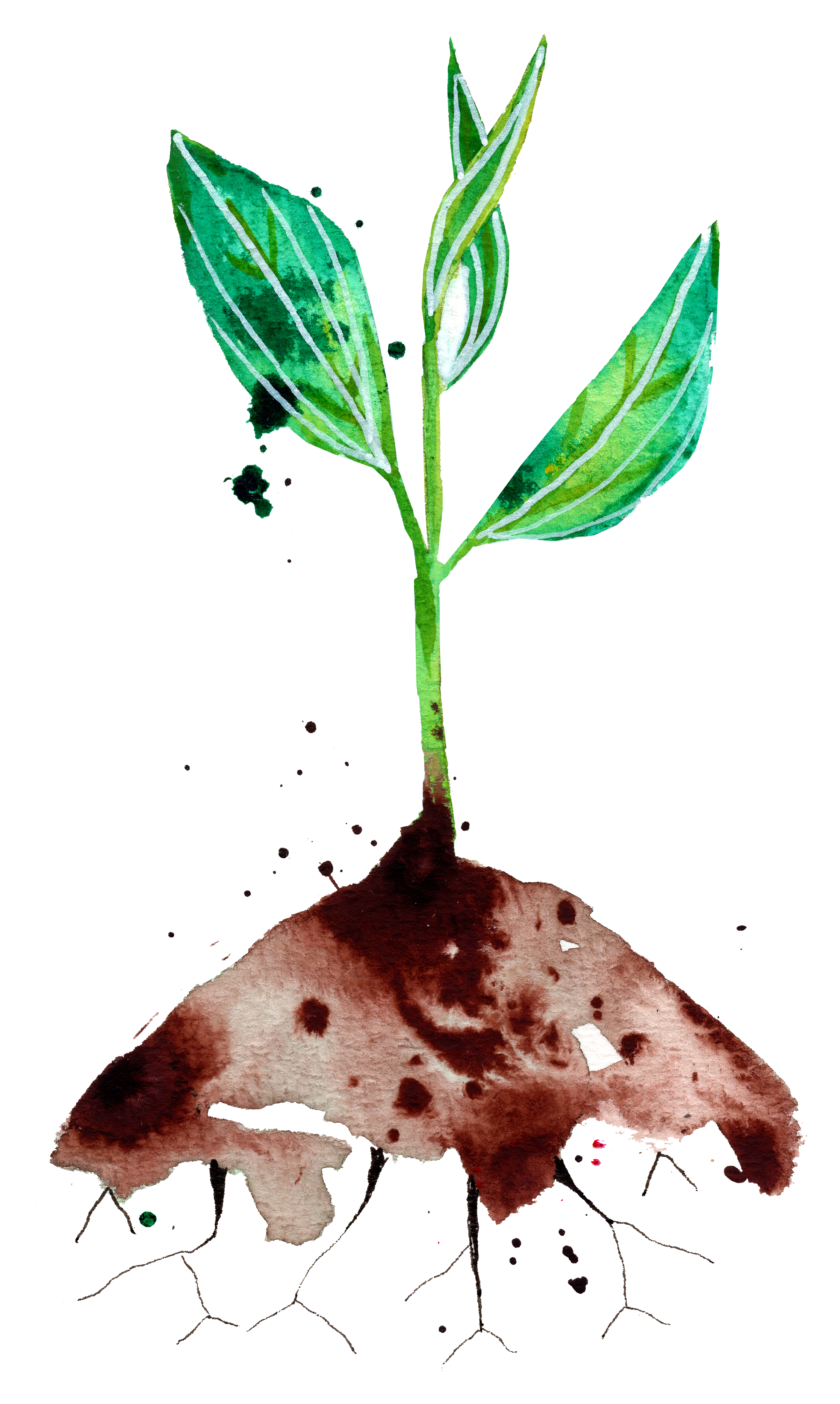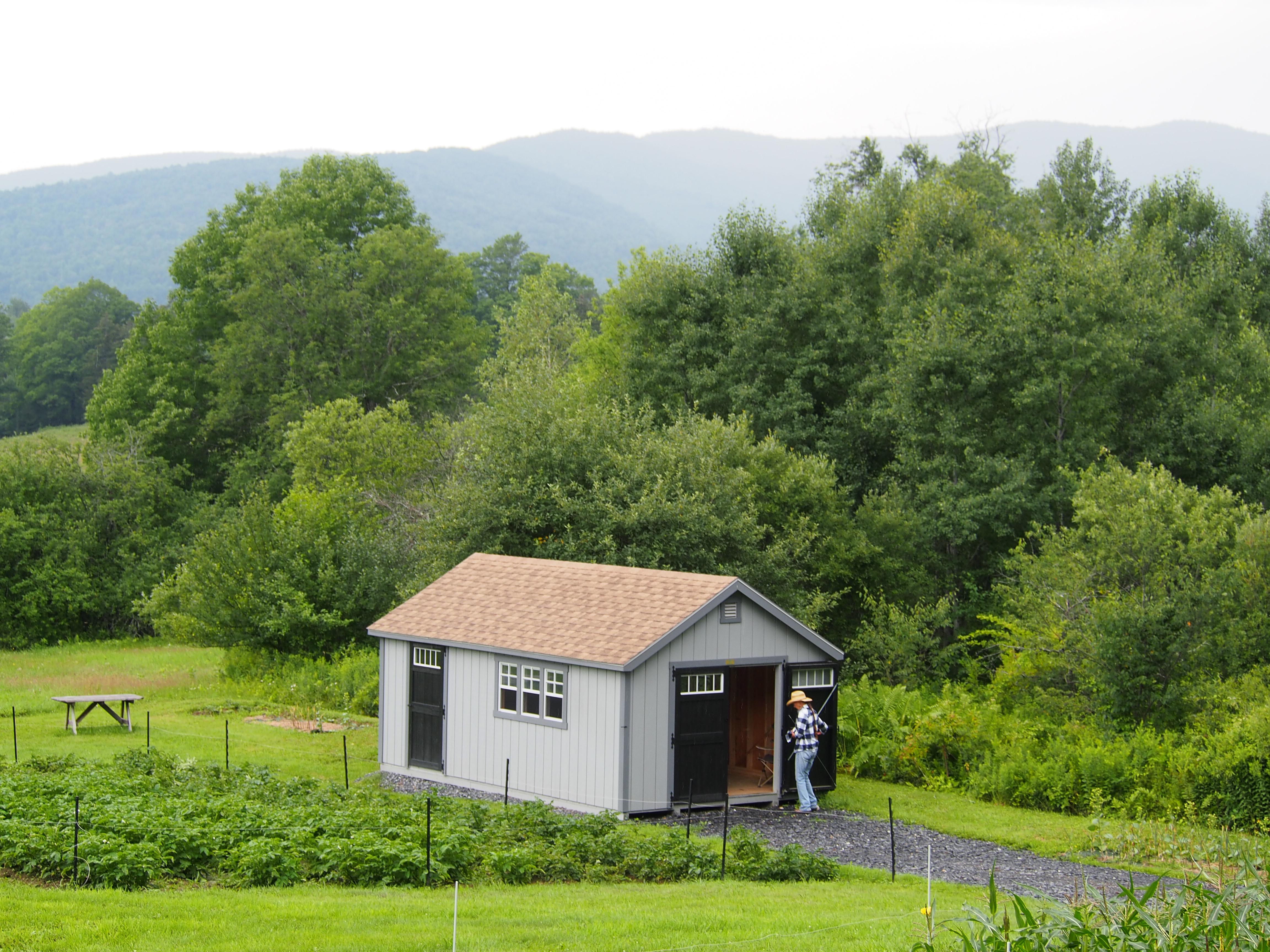
NOFA-VT has a pool of funds to distribute directly to farmers as grants to fund projects that will improve longer-term resilience on farms.
Our definition of ‘resilience’ is framed broadly around the mission of NOFA-VT: to promote organic practices to build an economically viable, ecologically sound, and socially just Vermont agricultural system that benefits all living things.
In this grant application, applicants will define how these funds will be used to improve the resilience on your farm, in your community, and/or for your broader community, with a focus on the social, environmental, and economic impact of the project. We encourage applicants to review the scoring rubric prior to submitting an application.
Applications are reviewed anonymously (names of farms and farmers removed before review) by a committee of Vermont farmers and farmworkers. Grants are awarded with no need for receipt submission or reporting on behalf of the recipient. We are still accepting multi-farm applications. If you have a team of farms applying, you may request up to $5,000 per farm, with a maximum total request of $20,000. For example, if you have four farms applying together on a collaborative project, you may apply for up to $20,000.
Please contact Avery MacLean, with any questions at [email protected] or (802) 419-0049. Applications will be accepted December 1, 2025 to January 26, 2026.
2026 Resilience Grant Applications are now closed. The next application cycle will open in December, 2026.

